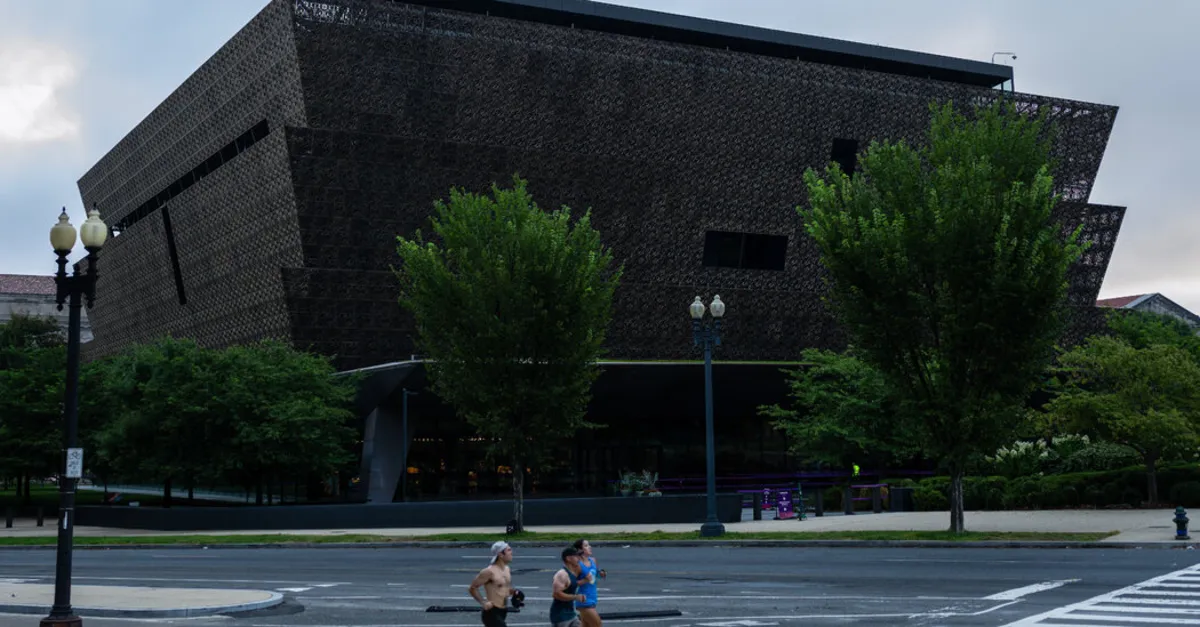
On Tuesday, former President Donald Trump publicly criticized the Smithsonian Institution, arguing that the organization emphasizes the negative aspects of American history, particularly regarding slavery. In a pointed social media post, he contended that the Smithsonian is overly focused on the hardships faced by various groups, neglecting to celebrate the “brightness” and successes of the nation. Trump stated, “The Smithsonian is OUT OF CONTROL, where everything discussed is how horrible our Country is, how bad Slavery was, and how unaccomplished the downtrodden have been — Nothing about Success, nothing about Brightness, nothing about the Future.”
This critique comes in the wake of a recent announcement from the White House, which mandated a comprehensive review of the Smithsonian’s museum exhibits. The administration has given the Smithsonian 120 days to revise any content deemed problematic in terms of “tone, historical framing, and alignment with American ideals.” This directive has raised concerns among historians and cultural commentators about the potential impact on how history is presented in these important institutions.
Trump’s statements have sparked a backlash from historians and cultural critics who argue that his comments reflect a broader attempt to minimize the significance of Black history in the United States. Douglas Brinkley, a prominent presidential historian, criticized Trump’s perspective, stating, “It’s the epitome of dumbness to criticize the Smithsonian for dealing with the reality of slavery in America. It’s what led to our Civil War and is a defining aspect of our national history.” Brinkley emphasized that the Smithsonian approaches the topic of slavery in a robust manner, addressing both human rights and civil rights issues equally.
Since taking office, Trump has pursued a strategy aimed at eliminating diversity, equity, and inclusion policies from federal government practices. His administration has threatened investigations into educational institutions and corporations that adopt such frameworks. This approach appears to be part of a larger effort to reframe America’s historical narrative, minimizing the impact of racism and discrimination while promoting a more sanitized and positive portrayal of the nation’s past.
Trump’s administration has also been criticized for its attempts to downplay the contributions of Black historical figures. This includes efforts to minimize references to the Tuskegee Airmen, who played a crucial role in World War II, and Harriet Tubman, a key figure in the fight against slavery. In a controversial statement commemorating Juneteenth, the holiday celebrating the end of slavery in the United States, Trump lamented the existence of too many non-working holidays, further indicating his stance on historical recognition.
The debate surrounding Trump’s comments and the Smithsonian’s exhibits underscores a deeper national conversation about how America remembers its past. With calls for the return of Confederate insignia and statues honoring those who fought to preserve slavery, the conversation continues to evolve. As institutions like the Smithsonian grapple with these contentious issues, the challenge remains to present a balanced view of history that acknowledges both the struggles and the achievements of all Americans.